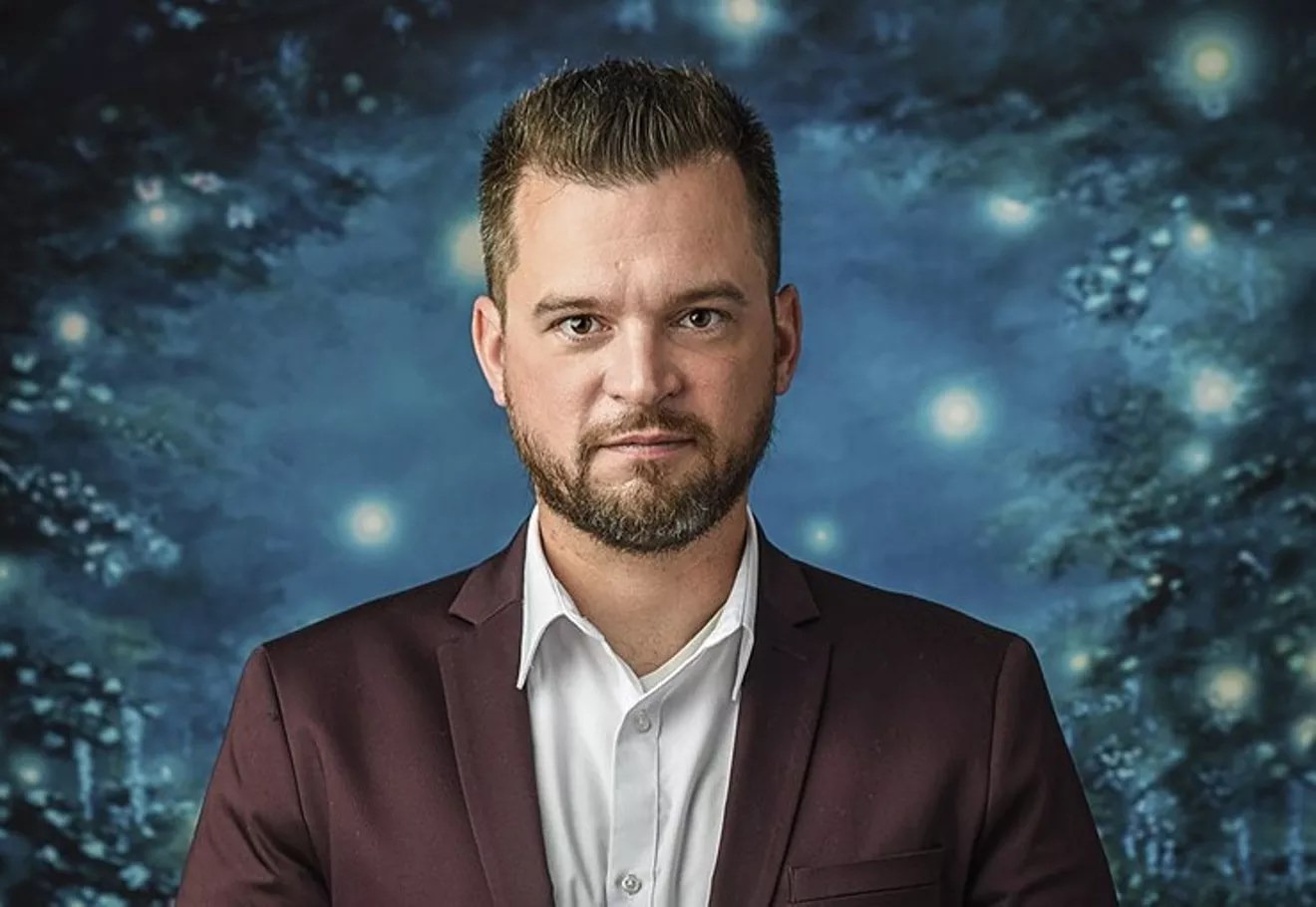
Jacob Curtis

Audio By Carbonatix
Feeling the fungi, Colorado voters have approved a groundbreaking statewide measure to decriminalize natural psychedelics and create a legal access model for psilocybin mushrooms and potentially other psychedelics.
“This is a truly historic moment. Colorado voters saw the benefit of regulated access to natural medicines, including psilocybin, so people with PTSD, terminal illness, depression, anxiety and other mental health issues can heal,” say Kevin Matthews and Veronica Lightning Horse Perez, two proponents of Proposition 122, which captured 51 percent of the total vote….and counting.
The measure now sets a timeline of creating a 21+ legal-access framework for psychedelic mushrooms by late 2024, while also immediately decriminalizing mushrooms, DMT, ibogaine and mescaline, excluding peyote. The passage of the measure creates the possibility of building a legal-access framework for these other substances, too, by June 2026.
New Approach PAC, a D.C.-based group that has advocated for cannabis legalization and helped fund a psychedelic mushroom medical-access initiative in Oregon, pushed for Proposition 122, contributing over $3 million to the Natural Medicine Colorado campaign. The campaign hired Matthews, the person who led the successful Decriminalize Denver effort in 2019, to help get the Natural Medicine Health Act through.
The proposal also gives the Colorado Department of Regulatory Agencies the authority to create a legal framework for psychedelics access. DORA is now charged with licensing “healing centers,” where people can go to consume psychedelics for therapeutic purposes in a supervised setting. Facilitators will be able to assist people in integrating what comes up during a psychedelics session. They’ll be licensed by DORA, and can visit people at their homes or in approved medical-care facilities to facilitate psychedelics treatment.

Kevin Matthews has now led two successful psychedelics campaigns—one in Denver and one in Colorado.
Anthony Camera
The initiative also calls for the establishment of a Natural Medicine Advisory Board, whose membership will be appointed by the governor and will potentially include individuals with expertise in harm reduction, natural medicine therapy and religious use of natural medicines, among other areas. Following recommendations from the Natural Medicine Advisory Board, DORA will have the authority to legalize access centers for other decriminalized substances, such as DMT and ibogaine, in 2026.
Proposition 122 was able to withstand some very vocal opposition, which began early after it made the ballot.
Certain grassroots advocates who had pushed psychedelic mushroom decriminalization in Denver opposed Prop 122, believing that full decriminalization of psychedelics had to come well before any legal-access framework was established. The risks for over-commercialization and inequity – pitfalls of marijuana legalization in Colorado – were too strong with this proposal, they argued.
Two of those advocates, Melanie Rose Rodgers and Nicole Forester, attempted to land a simple psychedelics decriminalization measure on the ballot, but failed to get enough signatures. Instead, they spoke out against Proposition 122, encouraging voters to check the ‘no’ bubble on their ballots.
“We cannot forget that the decriminalization and personal-use protections are the most important part of this measure and unfortunately the most vulnerable. Many of us who voted ‘no’ support decriminalization but believe the measure should have stopped there rather than prioritizing regulated access,” Forester said as Proposition 122 looked increasingly likely to pass.
Some Indigenous groups that use some of the natural drugs for ceremonies also expressed concerns. “Proposition 122 Natural Medicine Health Act is hurtful, deceitful, exclusionary and oppressive towards all people disproportionately impacted by the drug war and those who have been targeted for practicing traditional spiritual ways with plant and fungi medicines under oppressive and criminalizing policies,” warned the Native Coalition Against the Natural Medicine Health Act.
The measure also attracted opposition from more traditional drug warriors, such as those who have been warning about the negative effects of high-potency marijuana and concentrates in Colorado. “Passage of Proposition 122 brings a question of who will decide what is medicine in the future,” says Luke Niforatos, who established Protect Colorado’s Kids to formally oppose Proposition 122. “Twice now, Colorado has defied both federal law and the FDA and favored the promises of billionaires and entrepreneurs marketing their latest drug fascinations as ‘medicine.’ The question we must ask ourselves is, whom do we trust more with medicine: billionaire entrepreneurs or doctors and scientists?’
But the proponents of Prop 122 are ready for what’s next. In their statement, Matthews and Perez conclude: “We look forward to working with the regulatory and medical experts and other stakeholders to implement this new law.”